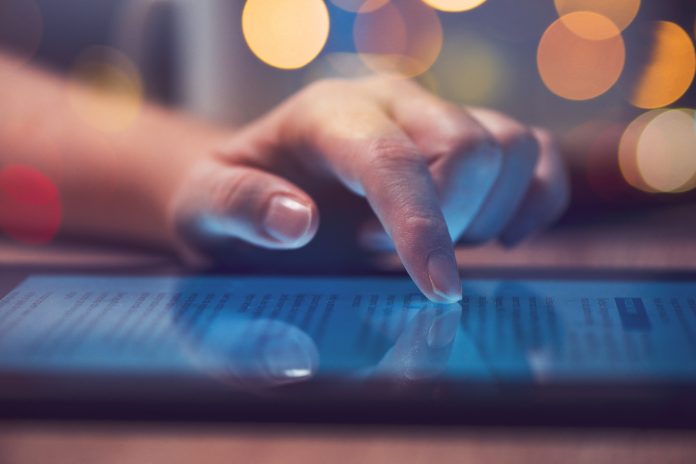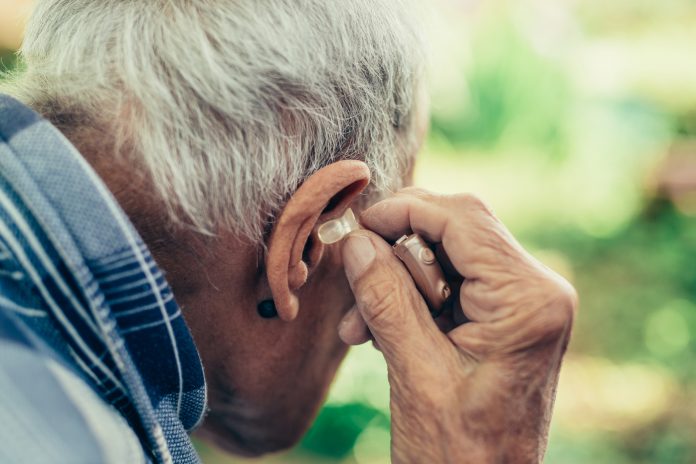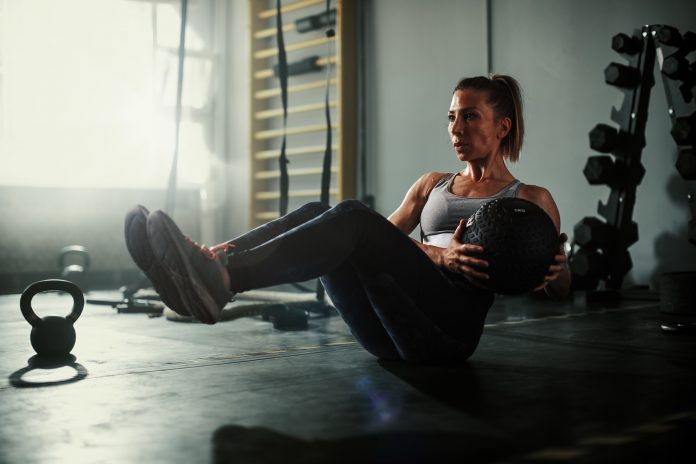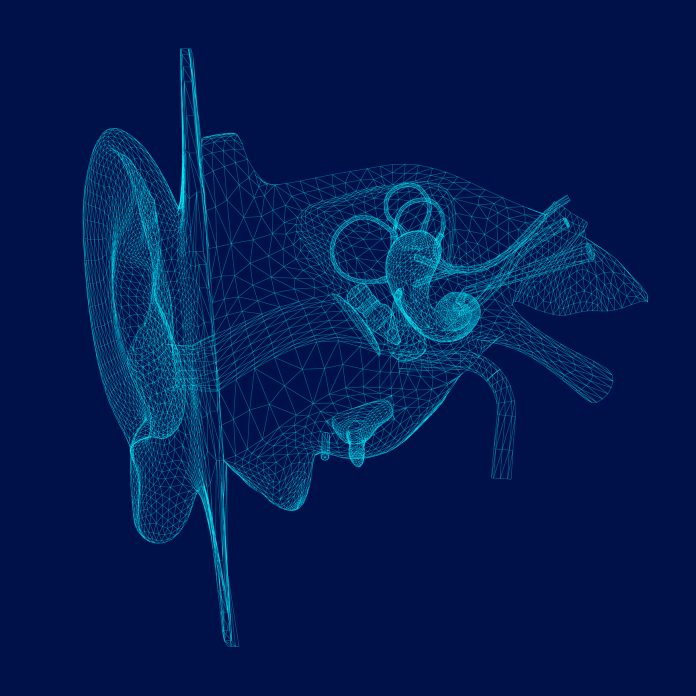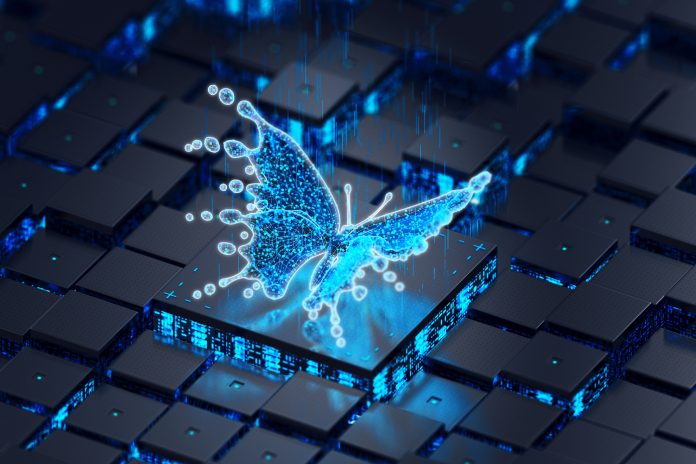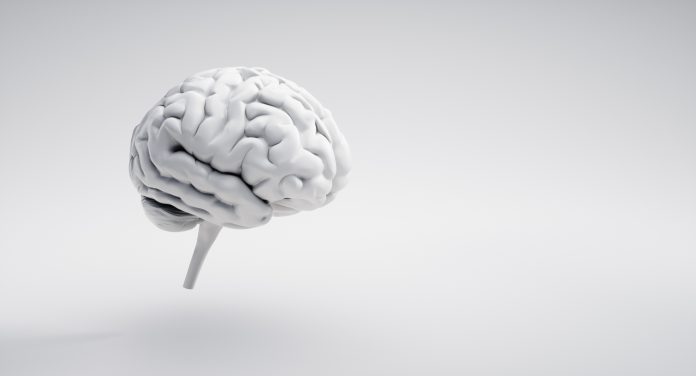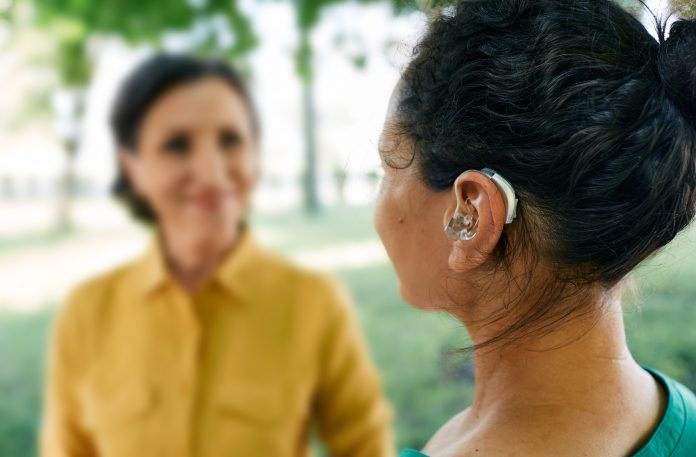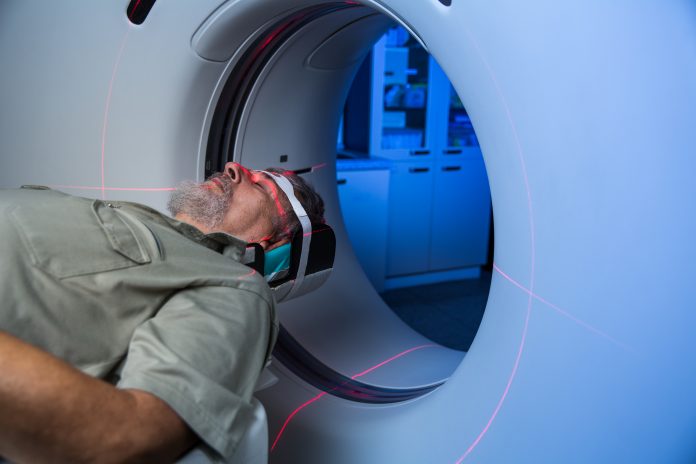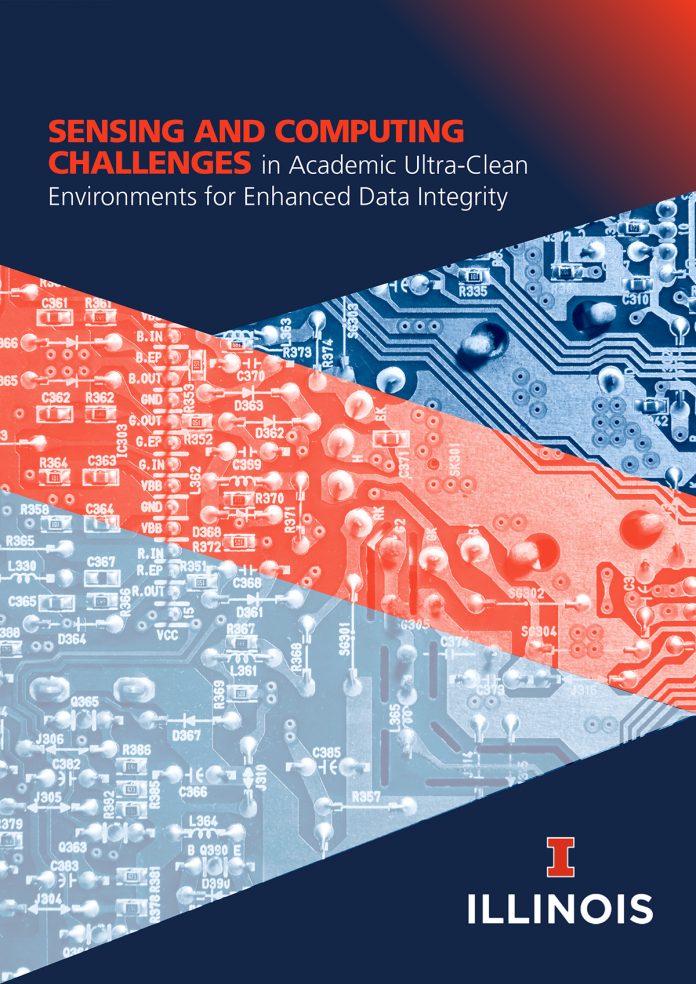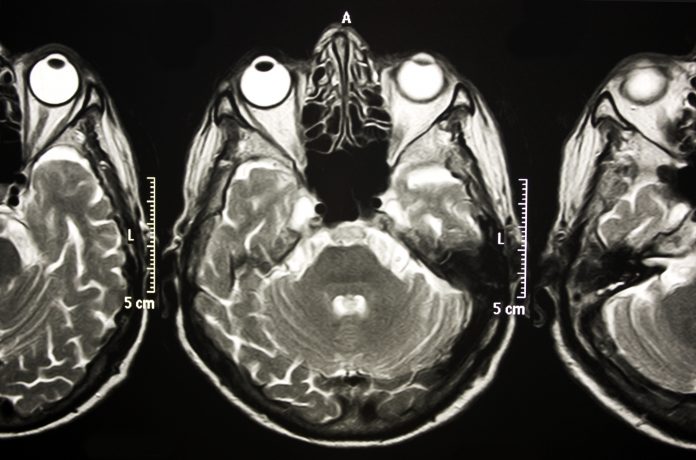Open Access Government produces compelling and informative news, publications, eBooks, and academic research articles for the public and private sector looking at health, diseases & conditions, workplace, research & innovation, digital transformation, government policy, environment, agriculture, energy, transport and more.
Home Search
auditory - search results
If you're not happy with the results, please do another search
Sensory roles in reading skills: The print-to-speech model
While it is easy to recognise the necessary role that vision plays in reading, it is important to know that many other senses contribute to the acquisition, refinement and maintenance of reading skills including sound, touch and motor coordination, to name just a few.
Hearing loss research: The predictors of cochlear implant performance
Here, researchers explain how important predicting the performance of cochlear implants is to protect these people.
Hearing loss: Ageing and noise exposure are the two major causes
Dr Tracey Pollard from RNID, the charity which supports the 12 million people in the UK who are deaf, have hearing loss or tinnitus, talks us through the causes and impact of hearing loss and how RNID is working to improve research and related treatments in this field.
Psychotic-like experiences: What are they and why are they important?
Dr Lorna Staines and Professor Mary Cannon of RCSI University of Medicine and Health Sciences, explore psychotic-like experiences, explaining what they are and why they are important.
The mechanisms and benefits of exercise
At Wayne State University, Robert Wessells and his team are making significant strides in identifying potential exercise mediators or mimetics that could help mitigate pathologies resulting from prolonged sedentary periods.
Shaping reality through the lens of technology: Ctrl+Innovate
In the ever-evolving landscape of the modern world, the lens of technology has taken centre stage as a driving force of change. Technology has fundamentally reshaped our reality.
Glutamate excitotoxicity in the cochlea
Mark Rutherford, Associate Professor at Washington University School of Medicine, discusses the burden and causes of hearing dysfunction, as well as the possible solutions for mitigating glutamate excitotoxicity.
Sonic circuits: Harmonizing art and innovation in tech
In the ever-evolving landscape of technology, the intersection of art and innovation in tech has given rise to groundbreaking advancements that resonate with our senses and push the boundaries of human creativity.
How brain research is making the benefits of regular exercise accessible to all
Robert Wessells from Wayne State University looks to the brain to understand how the benefits of regular exercise can be delivered to those who are unable to move as easily.
Precision medicine: Sensorineural hearing loss treatment
Aarno Dietz, Professor of Otorhinolaryngology at Kuopio University Hospital, turns the spotlight on hospital precision medicine, focusing on the treatment of sensorineural hearing loss.
How does space travel affect the human brain?
The sensation of ‘weightlessness’ during space travel has long-term effects on the brain, where the brain's rules about gravity are no longer applicable.
Redesigning medical alarms to improve public health
Researchers at McMaster University and Vanderbilt University explain how could changing the tune of hospital medical alarms could improve public health.
Focused ultrasound for major depressive disorder
Low-Intensity Focused Ultrasound (LIFU) is an emerging neuromodulation method for treating major depressive disorder which allows for non-invasive stimulation across the whole brain.
What are the brain markers of ADHD in children?
Researchers identified biomarkers of attention-deficit/hyperactivity disorder (ADHD) in children and a possible role for neuroimaging machine learning.
Sensing and computing challenges for enhanced data integrity
This eBook presents academic ultra-clean scientific environments and the corresponding digital transformation challenges of these environments, especially the computer science challenges to provide enhanced scientific data integrity.
Searching for a novel marker of preclinical Alzheimer’s disease
Research suggests that multisensory integration could be used as a novel marker for preclinical Alzheimer’s disease given reported associations between magnitude of visual-somatosensory integration and important cognitive and motor outcomes.
Can psychedelic drugs provide insights to the attribution of consciousness?
Psychedelic drugs have recently been used to treat mental health disorders – now scientists find they can also provide better understanding into the attribution of consciousness.
COVID-19 symptoms could be driven by stress and anxiety
Since the onset of the pandemic, reports of symptoms such as tinnitus and hearing loss have been potentially linked to COVID-19 however, there may be a psychosocial origin as well.
Helping pupils with special needs access phonics
A flexible approach is key to ensure the teaching of phonics can be personalised for children with special educational needs, says Katrina Cochrane, at Lexplore Analytics.
What are the benefits of dancing?
Dr Deborah Lee, Dr Fox Online Pharmacy, discusses the benefits of dancing on your general health.

